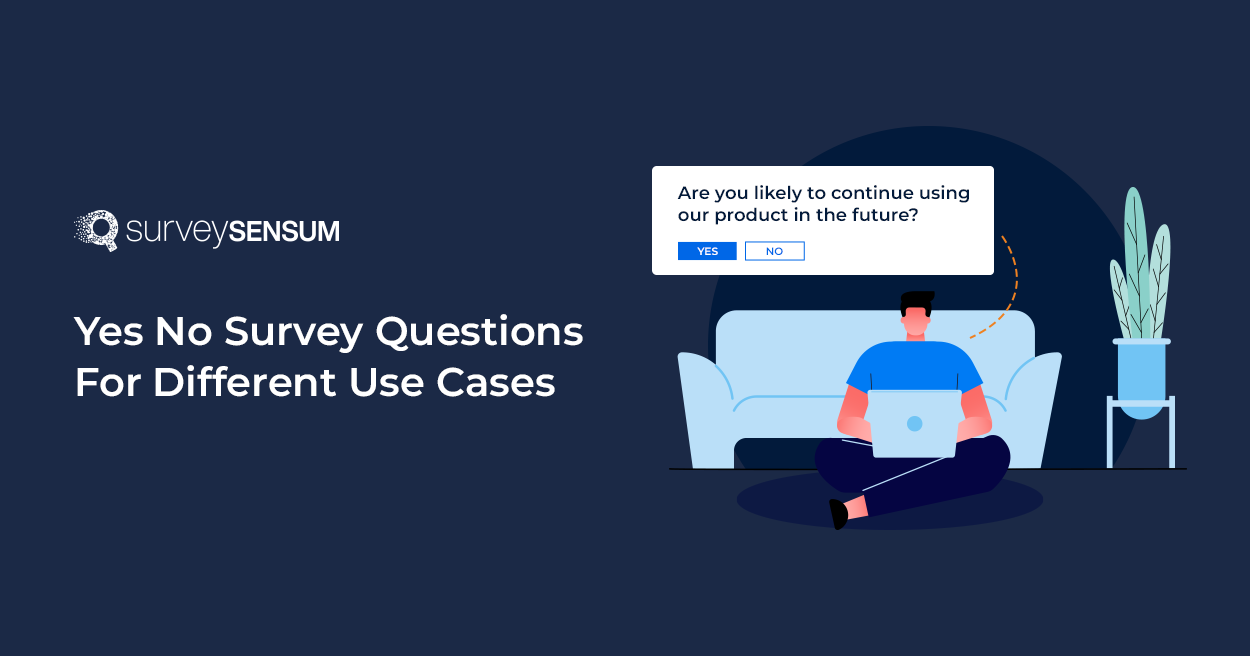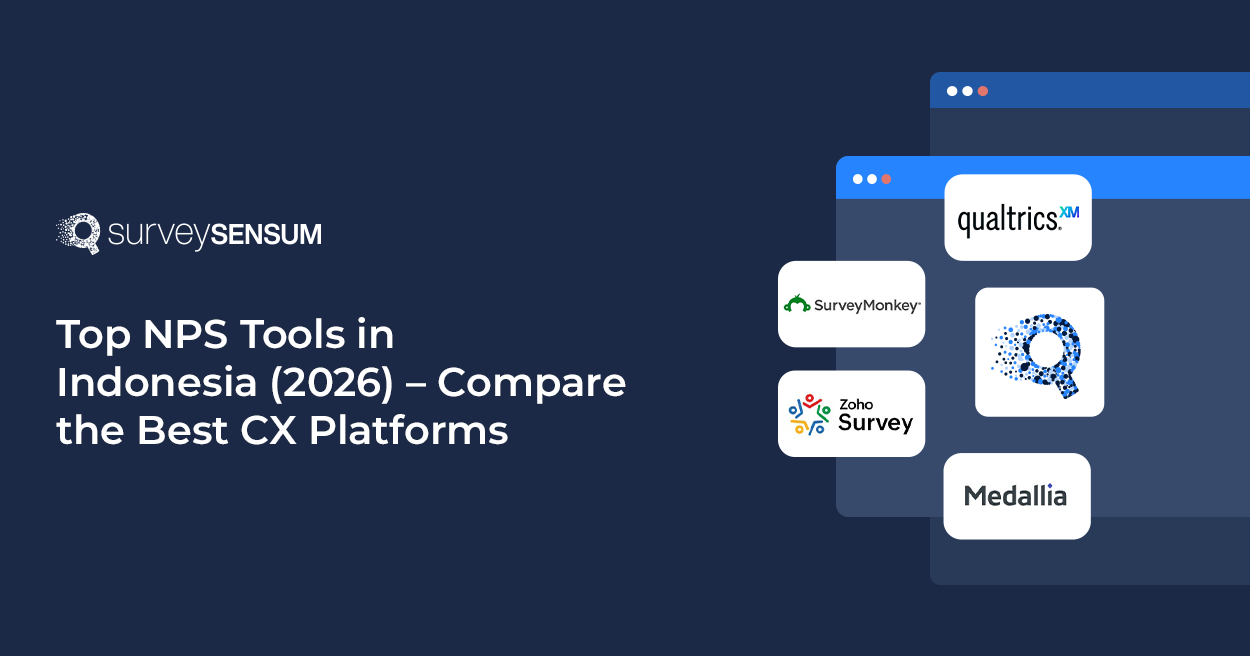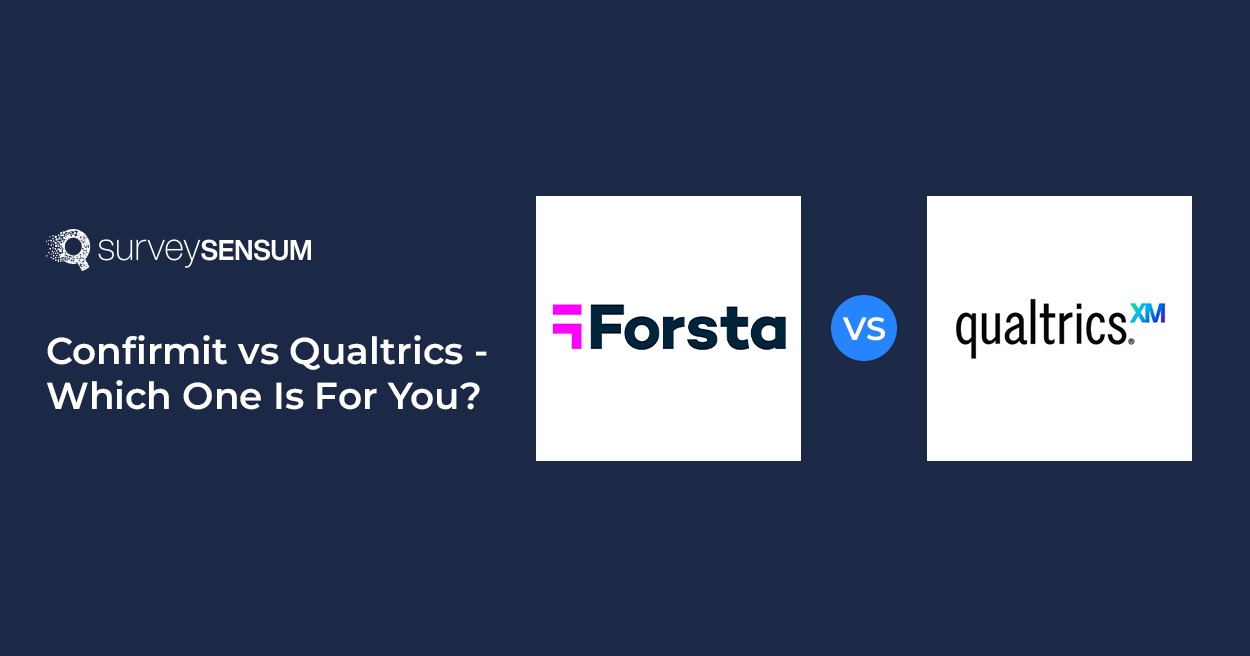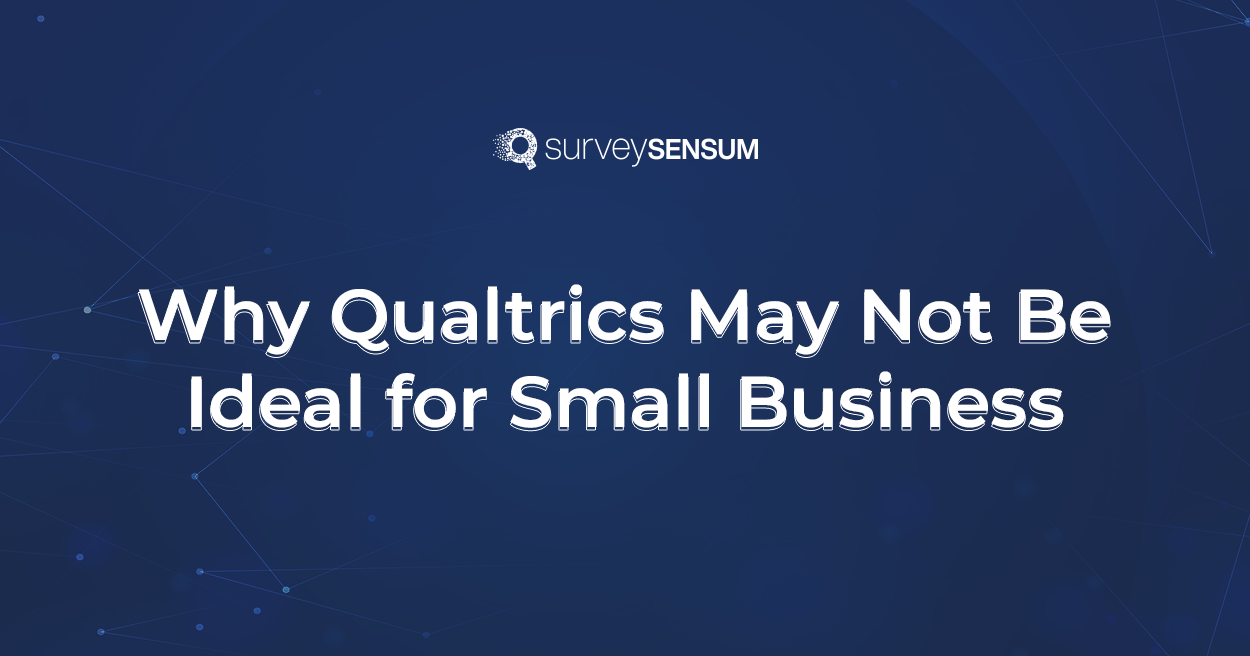

Who said simple is boring and ineffective?
To gather actionable insights and create data-driven action plan, you don’t need to create long survey designs with too many questions that might frustrate your customers and cause them to leave halfway.
If you want to keep things simple for your respondents and for yourself, go with a yes-no survey question – they are quick, straightforward, and easy for respondents to answer.
So, why not leverage it for your next survey? Let’s dive into what these surveys are, how to use them, and what yes no survey questions to ask.
What Are Yes No Survey Questions?

Yes no survey questions are binary questions where respondents are given two options to choose from – “yes” and “no”. These questions are also called dichotomous questions and are designed to be simple and straightforward, making it easy for respondents to reply to these questions more clearly without having to put more effort into them.
They are used when businesses need to gauge specific opinions, verify facts, or make simple decisions.
For example, in case you want to discover whether your customers found what they are looking for on your website – “Did you find what you are looking for today?” Respondents can answer with a yes or no and then you can ask an open-ended question to follow up if anyone replies “no”. This way you can combine an open-ended and closed-ended question to gain a 360-degree view of customer experience.
Yes No survey questions are
- Simple and easy to understand and answer which reduces the chance of confusion among respondents. With only two options, the answers are simple and straightforward, making it clear what each response means.
- Easy to answer as they require minimal effort and thought which increases the likelihood of respondents completing the survey. This is particularly best suited for a large audience or when time is limited.
- Easy and efficient to analyze as these questions have only two possible answers. The binary nature of yes no survey questions lends itself to quantitative analysis, allowing for quick insights.
- Useful in reducing bias as it minimizes the risk of leading respondents towards a particular answer as these questions do not have biased options that can sway response.
Launch surveys that are easy to create and easy to understand by your respondents. With SurveySensum’s robust survey builder, you can create surveys in under 5 minutes with different question types!
Let’s now explore some of the effective yes no survey questions you can ask based on different use cases in your next survey.
Top 30+ Yes No Survey Questions To Ask
Here are some yes or no survey questions examples to ask for different types of use cases.
1. Yes No Survey Questions For Customer Feedback
Asking yes or no survey questions to gather customer feedback can provide you with quick and straightforward insights into customer loyalty, and overall satisfaction, and help you identify areas for improvement.
Questions To Ask:
1. Did you find our customer service helpful?
2. Would you recommend our product/service to a friend?
3. Did you find what you were looking for on our website?
4. Was your issue resolved during your first contact with us?
5. Were our prices competitive?
6. Did our product/service meet your expectations?
7. Were you satisfied with the speed of service?
8. Would you purchase from us again?
2. Yes No Survey Questions For Product Feedback
Product feedback surveys help gather insights into product performance, technical issues, product features, and overall satisfaction. By using yes yes no questions in these surveys you can straightforward insights into whether or not your product met your customer’s satisfaction, needs, and expectations, and also give you further insight into which areas need improvement.
Questions To Ask:
9. Did you find our product easy to use?
10. Was the product packaging satisfactory?
11. Did the product meet your quality expectations?
12. Was the product delivered on time?
13. Did the product description match the actual product?
14. Would you buy this product again?
15. Did you experience any issues with the product?
3. Yes No Survey Questions For Market Research
Using yes no questions in market research surveys will help you gain actionable insights into your target audience’s preferences, and behavior, and help you understand market trends, identify market gaps, and do competitor analysis.
Questions To Ask:
16. Do you currently use a similar product/service?
17. Do you prefer purchasing products online rather than in-store?
18. Have you purchased from our competitors before?
19. Do you follow industry trends regularly?
20. Would you pay more for a product/service with better features?
21. Are you satisfied with the current options available in the market?
22. Would you participate in future surveys about this product/service?
4. Yes No Survey Questions For Employee Feedback
Implementing yes no survey questions to gather employee feedback will help you to quickly identify trends, and top issues, gauge morale, and gather feedback on overall employee satisfaction. Not just that, it also makes it easier for employees to complete the survey.
Questions To Ask:
23. Do you feel valued at work?
24. Are you satisfied with your current job role?
25. Do you believe there are opportunities for career advancement here?
26. Do you feel supported by your manager?
27. Have you received adequate training for your role?
28. Do you have a good work-life balance?
29. Would you recommend this company as a good place to work?
30. Do you believe the company’s mission aligns with your personal values?
Conclusion
Whether you want to gather feedback for product development or want to do detailed market research for your new product launch – yes no survey questions help you cut through the noise of scales, ratings, and open-ended feedback and get you straight to the answer you need. This not only makes it easier for your respondents to understand and answer your questions but also streamlines your process, allowing for a faster decision-making process.
Now to use this type of questions in your survey, you need to have a robust survey builder, like SurveySensum, that will allow you to use yes no question types in your survey without switching to other tools. Not just that, it also launches and gathers data from multiple channels and analyzes survey data with the help of AI capabilities for a more effective and data-driven action plan.
““

















